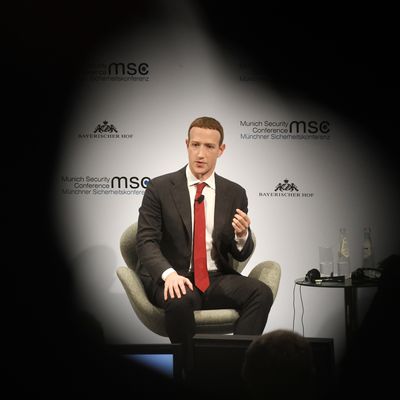
On Wednesday, the Federal Trade Commission and attorneys general from 46 states and the District of Columbia and Guam filed lawsuits against Facebook accusing the social-media monolith of illegally curbing competition by buying up other companies in its field. The suits argue that these deals have turned Facebook into a social-networking monopoly and that they should be reversed.
“For nearly a decade, Facebook has used its dominance and monopoly power to crush smaller rivals and snuff out competition, all at the expense of everyday users,” said Attorney General Letitia James of New York, who led the states’ 18-month antitrust investigation into the company this year. Both lawsuits, filed in the U.S. District Court of the District of Columbia, focus on the 2012 purchase of Instagram for $1 billion and the 2014 purchase of WhatsApp for $19 billion — two buys that helped consolidate the social-networking market in the United States and accelerate Facebook’s rise to a valuation of $800 billion. In addition to the FTC’s suit to break up Facebook and its two prominent buys, the regulatory agency is seeking new restrictions on deals in the future.
The suits will likely kick off a drawn-out legal battle between Mark Zuckerberg’s company and state and federal governments. Shortly after the announcement, Facebook pushed back on the description of monopoly status. “Years after the FTC cleared our acquisitions, the government now wants a do-over with no regard for the impact that precedent would have on the broader business community or the people who choose our products every day,” read a company statement. In the past, the firm has argued that the swift rise of other social-media apps, like TikTok, has proven that the market is still competitive.
While Joe Biden has previously said that breaking up Facebook “is something we should take a really hard look at,” his nascent administration does not appear to have a firm policy toward the social-media giant. House Democrats, however, have a more concrete perspective: In October, the Judiciary Committee published a report on its 15-month investigation into monopolistic tactics at Google, Apple, Facebook, and Amazon. “To put it simply, companies that once were scrappy, underdog startups that challenged the status quo have become the kinds of monopolies we last saw in the era of oil barons and railroad tycoons,” states the report, which quotes Mark Zuckerberg and a top staffer talking about “neutralizing” a competitor as motivation to purchase Instagram.






























